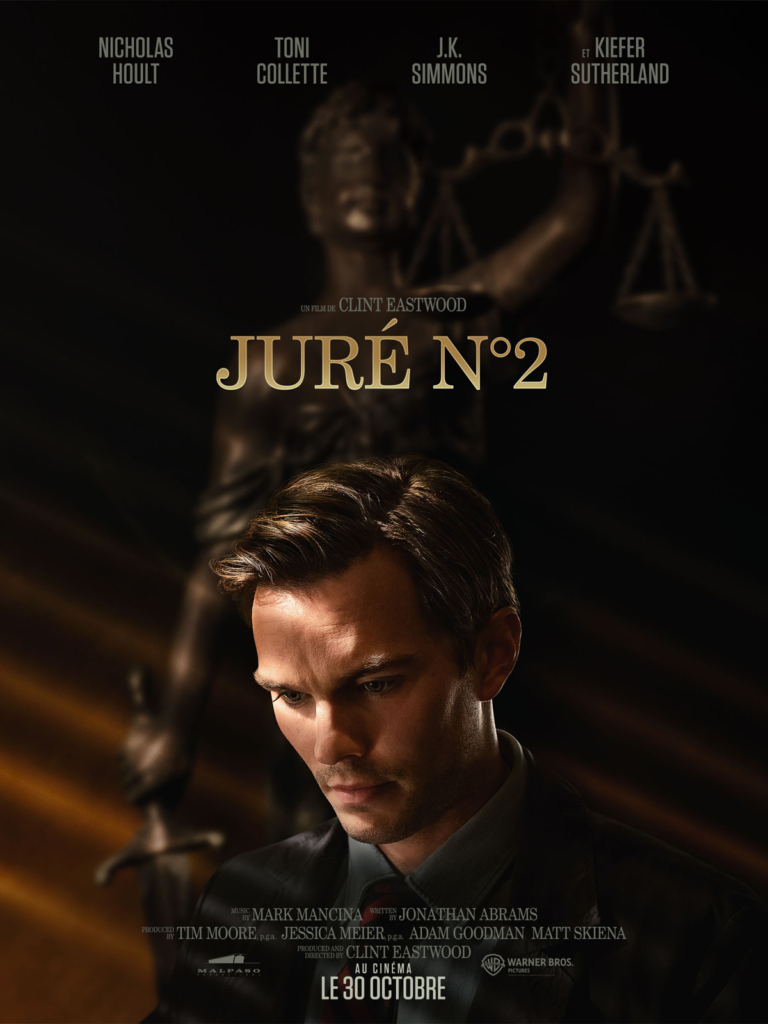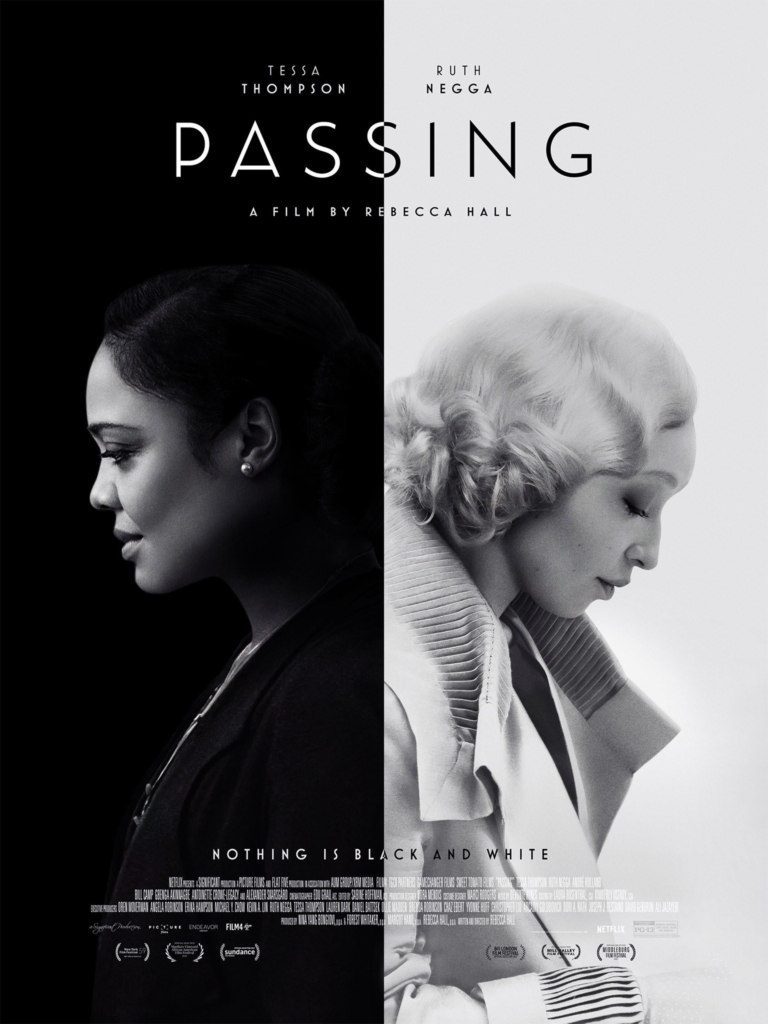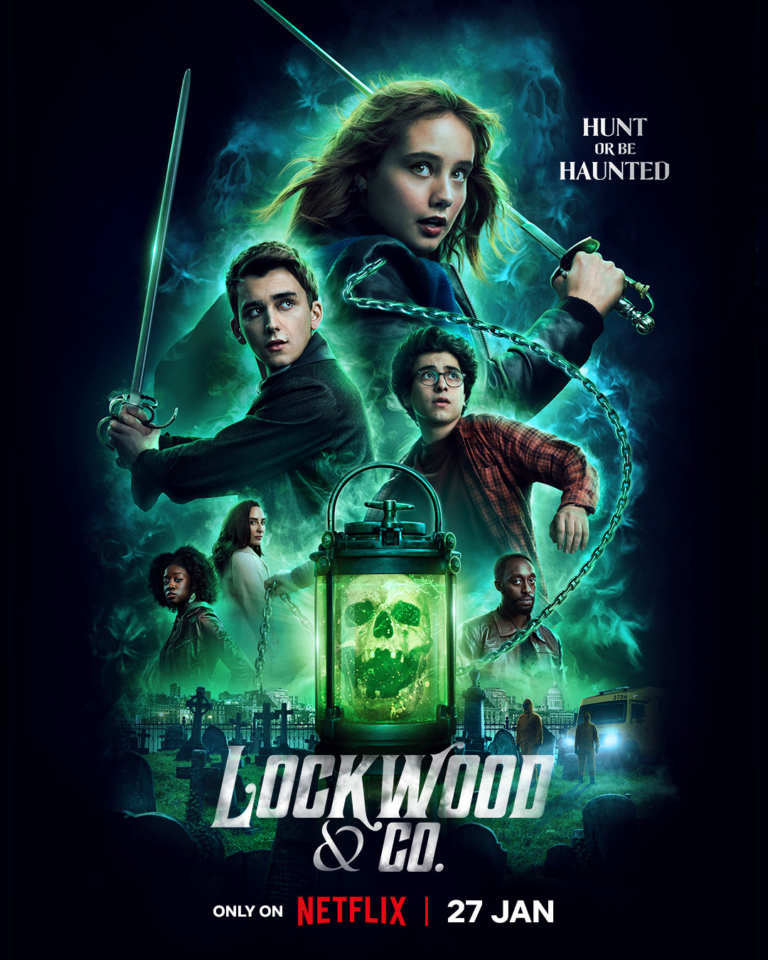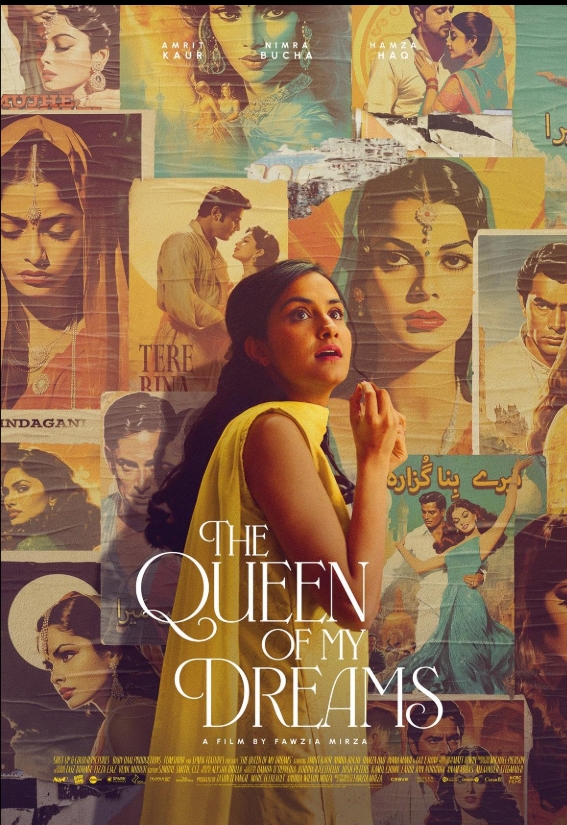Juror #2 Christian Review

Clint Eastwood, a name synonymous with American cinema, has built his legacy on gritty, often larger-than-life stories of justice and morality. Yet Juror #2 deviates from the expected Eastwood formula, offering a more restrained, introspective film. This is no explosive thriller or feel-good redemption tale. Instead, it’s a meditative story, delivered at a slow and deliberate pace, filled with the quiet tension of moral ambiguity.
Eastwood has always been fascinated by characters who toe the line between right and wrong. And here, he’s crafted a protagonist who is, on the surface, an ordinary person, thrust into an extraordinary moral dilemma. This film, then, becomes less about courtroom drama and more about a personal journey—a kind of moral examination that takes place in hushed tones rather than dramatic proclamations.
Old-School Courtroom Drama with a Twist
Juror #2 feels like a throwback to a different era of filmmaking, evoking the character-driven, mid-budget dramas that used to be Hollywood’s bread and butter. It’s refreshing to see a film that’s not trying to be a blockbuster, but instead focuses on telling a deeply human story. In a world of CGI spectacles and sprawling superhero narratives, this film’s simplicity is striking.
At its core, Juror #2 is a study in quiet intensity, a portrayal of a person grappling with the burden of a guilty conscience. The narrative doesn’t rush; it takes its time, unfolding slowly, giving the audience space to sit with the characters and feel the weight of their choices. Eastwood’s restraint allows the story’s moral complexities to shine, making this a film that requires the audience’s full attention and emotional investment.
The Morality of Justice Through a Christian Lens
For Christian viewers, Juror #2 brings themes of accountability, confession, and redemption to the forefront. The protagonist’s journey is one of facing the truth within himself, regardless of the cost. Here, Eastwood doesn’t spell out answers but leaves room for personal interpretation, inviting us to wrestle with the ethical questions presented. There’s an unspoken alignment with Christian values as the film explores personal responsibility and the difficult, sometimes painful process of making things right.
What stands out is how the story does not shy away from the imperfections of the justice system. It acknowledges that the law, while necessary, is ultimately limited. True justice, as the film suggests, may require more than the legal system can provide. For Christians, this aligns with a deeper understanding that while laws govern society, moral accountability is personal and transcendent.
The film leaves us with the idea that the pursuit of truth is an act of courage, even when it’s inconvenient or painful. This moral inquiry feels especially relevant in today’s world, where accountability is often overshadowed by the pursuit of personal gain. In Juror #2, Eastwood seems to argue that truth and integrity are worth pursuing, even when they come at great personal cost.
A New Direction for Eastwood
For those familiar with Eastwood’s filmography, Juror #2 might come as a bit of a surprise. It’s an unusually quiet film for a director known for his bold storytelling. Here, Eastwood pulls back on the theatrics, opting instead for a subdued, almost minimalistic style. He trades spectacle for subtlety, focusing on the small gestures and expressions that convey the protagonist’s internal struggle. This restraint is a mark of Eastwood’s maturity as a director; he understands that sometimes, less is more.
And yet, this isn’t to say the film lacks depth or impact. On the contrary, the lack of a neat resolution makes Juror #2 all the more powerful. Eastwood doesn’t give us easy answers or a feel-good ending. Instead, he leaves the audience to grapple with the story’s moral complexities. It’s a choice that may frustrate some viewers but will resonate deeply with others, especially those who appreciate films that challenge rather than reassure.
Eastwood’s decision to focus on a small, contained story, rather than a sweeping epic, speaks to his belief in the power of individual stories. The protagonist’s struggle is deeply personal, yet it reflects universal themes that will resonate with anyone who has ever faced a difficult moral decision. In this sense, Juror #2 feels both intimate and expansive—a story that’s grounded in the specifics of one person’s experience but speaks to larger truths about human nature.
An Unassuming but Impactful Conclusion
The climax of Juror #2 is not what you might expect. There are no grand revelations, no triumphant declarations of guilt or innocence. Instead, the film ends on a quiet note, one that feels almost anti-climactic but is, in its own way, profoundly moving. Eastwood understands that real courage doesn’t always look like heroism. Sometimes, it’s found in the smallest of actions—the decision to tell the truth, even when it’s difficult.
This understated ending gives the film a sense of realism that’s often lacking in Hollywood dramas. Life rarely offers clear resolutions, and Juror #2 reflects this reality with honesty and grace. It’s a film that lingers, one that will stay with you long after the credits roll. Eastwood may not offer easy answers, but he leaves us with something more valuable: a story that invites us to ask our own questions and seek our own answers.
Final Thoughts: A Film That Resonates Beyond the Screen
In a cinematic landscape filled with spectacle and excess, Juror #2 stands out for its simplicity and depth. Eastwood has crafted a film that speaks to the power of personal accountability, the courage required to face one’s own mistakes, and the possibility of redemption. It’s a film that resonates with Christian values, not because it preaches but because it explores the complexities of the human heart with empathy and honesty.
Juror #2 may not be for everyone. It’s a slow, contemplative film that demands patience and attention. But for those willing to invest in its quiet intensity, it offers a powerful meditation on the nature of justice, truth, and moral responsibility. Eastwood respects his audience, trusting them to engage with the story’s ambiguities and draw their own conclusions.
In an age where so much cinema is designed to be easily digestible and instantly forgettable, Juror #2 is a reminder of what film can be—a medium for exploring the human condition, for asking hard questions, and for finding beauty in complexity.
Rating: 9/10
For its nuanced storytelling, its respectful treatment of complex moral themes, and Eastwood’s skillful direction, Juror #2 deserves a 9 out of 10. It’s a film that rewards careful viewing, a quiet masterpiece that will stay with you long after you leave the theater. This is Eastwood at his most reflective, offering us a film that challenges, inspires, and reminds us of the enduring power of cinema.







